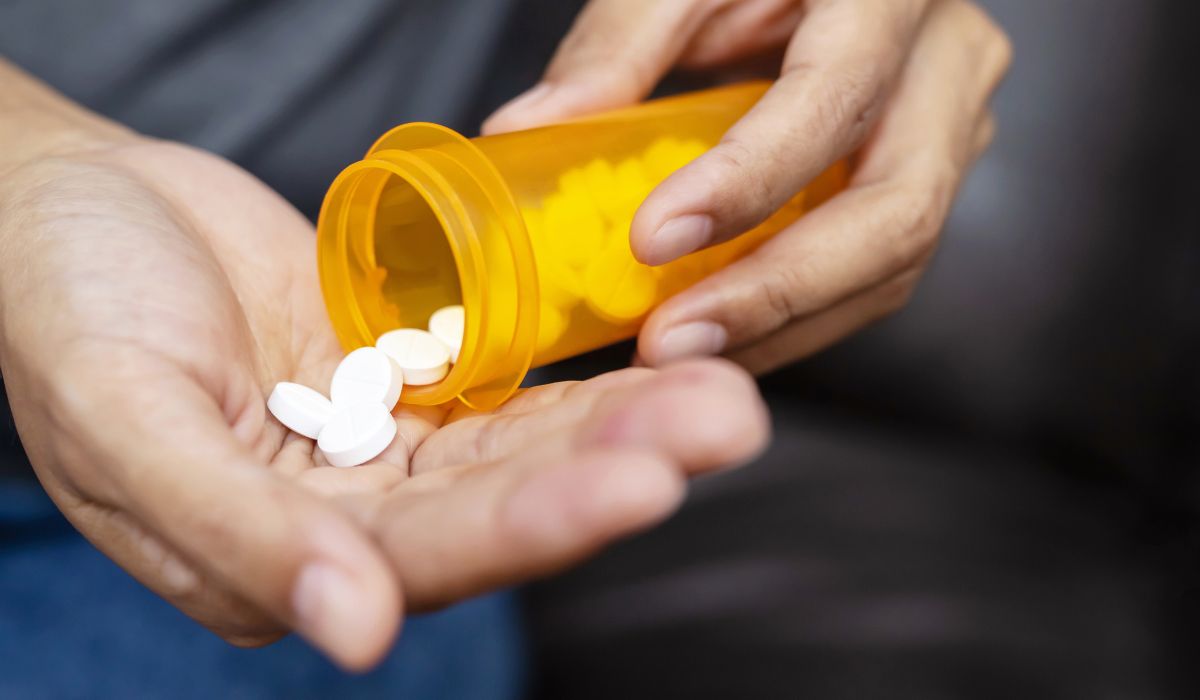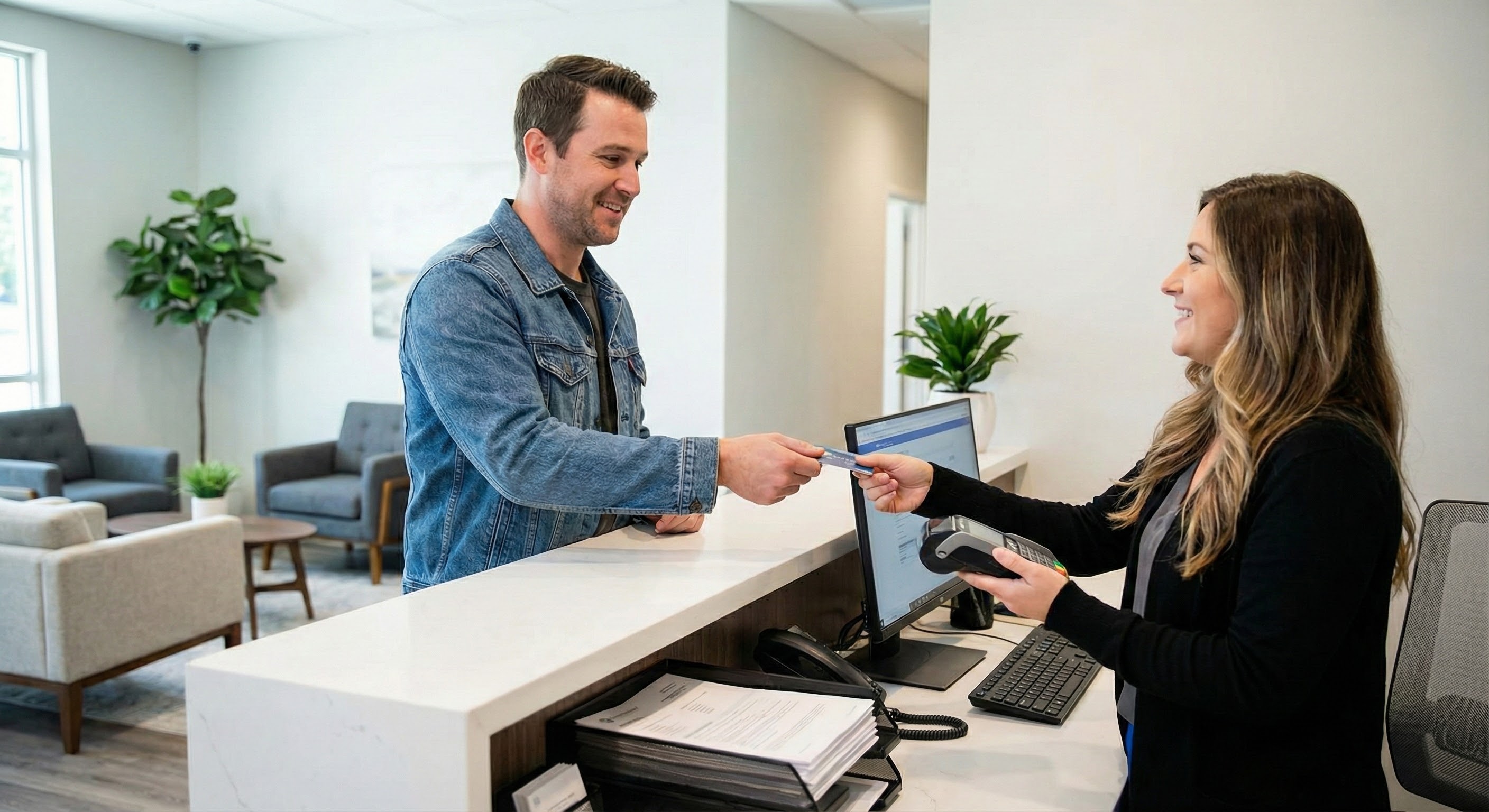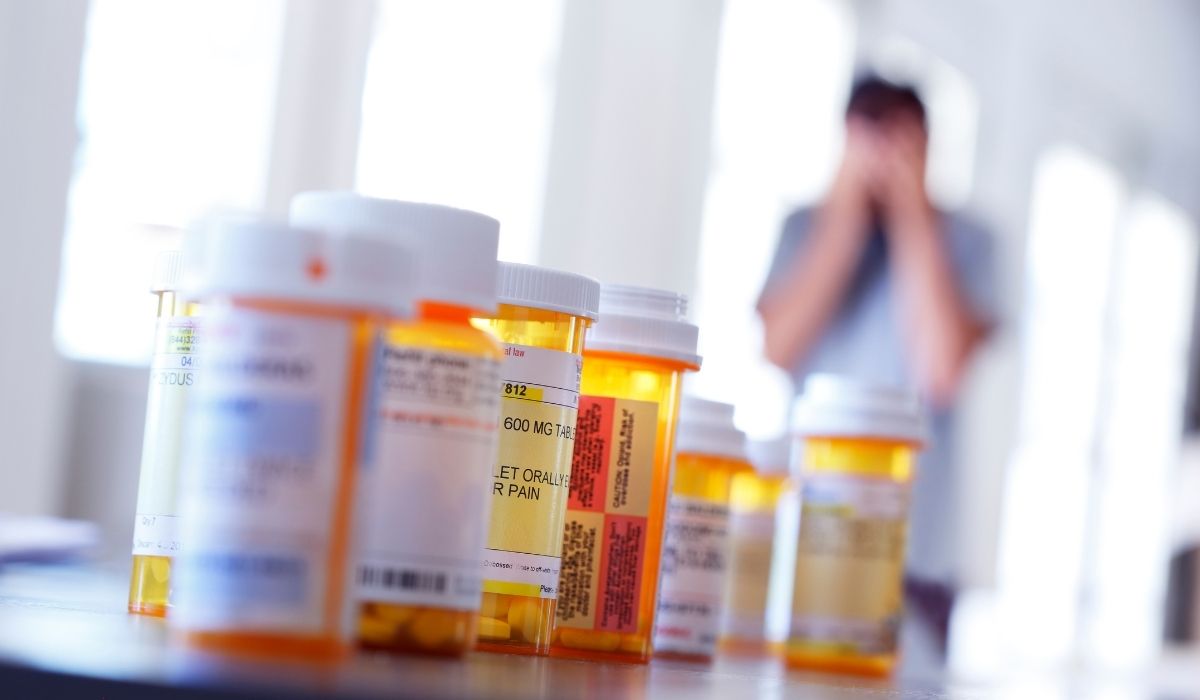What Is Klonopin?
Klonopin is a prescription drug used to treat anxiety, panic disorder, and epilepsy. Its generic name is clonazepam. It is a type of benzodiazepine. These drugs help calm the central nervous system by affecting a chemical in your brain called GABA (gamma-aminobutyric acid).
Doctors also use it as an anticonvulsant and muscle relaxant. It can help people with seizures, sleep problems, or high stress levels. But taking Klonopin for too long or stopping it the wrong way can lead to serious withdrawal symptoms.

What Is Klonopin Withdrawal?
Klonopin withdrawal is what happens when someone stops taking the medicine after using it for a long time. This is also called drug withdrawal. Your body and brain get used to the drug. When the drug is gone, the nervous system can go out of balance. That causes uncomfortable or dangerous effects.
Why Does Klonopin Cause Withdrawal?
Klonopin changes how your neurotransmitters work. It slows down messages in your nervous system, making you feel calm. Over time, your body gets used to that help.
When you stop suddenly (cold turkey), the body doesn’t know how to stay calm on its own. This causes a rebound effect—your anxiety, panic, or insomnia may come back even worse. You may also have physical symptoms.

Symptoms of Klonopin Withdrawal
Withdrawal affects each patient differently. Some feel only mild changes, while others feel very sick. Common symptoms include:
Physical Symptoms
-
Nausea
-
Vomiting
-
Headache
-
Dizziness
-
Tinnitus (ringing in the ears)
-
Paresthesia (tingling skin)
-
Palpitations (fast heart rate)
-
Changes in blood pressure
-
Shaking or tremors
-
Muscle pain
-
Trouble sleeping (insomnia)
Mental and Emotional Symptoms
-
Anxiety
-
Panic attacks
-
Irritability
-
Anger
-
Depression
-
Mood swings
-
Psychosis
-
Delirium
-
Suicidal ideation (thinking about hurting yourself)
-
Feeling scared or confused
Serious Risks of Klonopin Withdrawal
Klonopin withdrawal can be dangerous. Some people may have seizures or even catatonia (a state where you can’t move or speak). The World Health Organization warns that stopping benzodiazepines without help may lead to serious health risks.
People with dual diagnosis (mental illness and substance dependence) are at higher risk. Those with polysubstance use (using more than one drug or narcotic like fentanyl, alcohol, or opioid) may have worse symptoms.
How Long Does Klonopin Withdrawal Last?
The length of withdrawal depends on how long you took the medication, your dose, and your medical history.
Common Timeline:
-
1–3 days: First signs start—anxiety, insomnia, nausea
-
4–7 days: Strong symptoms—panic, headache, heart rate changes, mood shifts
-
2–4 weeks: Symptoms start to fade, but some mental health issues may remain
-
1+ month: Long-lasting issues like sleep problems, anxiety, or depression
Some people may feel symptoms for months. This is called post-acute withdrawal syndrome (PAWS).
Never Quit Cold Turkey
Stopping Klonopin cold turkey can be harmful. Always talk to a physician, psychiatrist, or mental health provider before stopping the medicine. Sudden withdrawal can cause seizures, hallucinations, or psychosis.
What Is the Safe Way to Stop?
Doctors usually recommend weaning off slowly. This means taking less and less over time. This is often called a taper. You may also need help from a rehab, detox, or mental health treatment center.
Types of Klonopin Withdrawal Treatment
1. Medical Detox
This happens at a clinic or hospital. Doctors check your vital signs, like blood pressure and heart rate. They give you safe medications to reduce symptoms.
2. Mental Health Support
Therapy from psychology or psychiatry professionals can help. Treatments may include:
-
Cognitive Behavioral Therapy (CBT)
-
Group therapy
-
Dual diagnosis care
-
Stress management
-
Support for anxiety disorder, panic disorder, or depression
3. Medication Help
Sometimes doctors use other drugs to help. These may include:
-
Diazepam or lorazepam (short-term help)
-
Antidepressants like SSRIs (Selective Serotonin Reuptake Inhibitors)
-
Anticonvulsants like carbamazepine
-
Flumazenil (to reverse effects of benzodiazepines)
What Happens in Rehab?
In rehab, you stay at a treatment center and get care all day. You may also go to Narcotics Anonymous for support. Rehab teaches you how to live without substance abuse and deal with mental health struggles.
How Insurance Helps
Many health insurance plans, including Aetna, cover withdrawal treatment. Talk to your provider to see if detox, rehab, or therapy is included.
If you don’t have insurance, some places offer help for free or at a lower cost.
Why Medical History Matters
Your medical history helps doctors pick the right plan. If you’ve used alprazolam, chlordiazepoxide, or other controlled substances, or have past prescription drug addiction, your treatment may be different.
Always share your full history so your doctor can keep you safe.
Getting Help for Klonopin Withdrawal
If you or a loved one needs help, you are not alone. Places like Mountain Sky Reocvery offer caring support. They help people reach sobriety, feel better, and enjoy life again.

Seeking Treatment? We Can Help!
We work with PPO Out of Network Health Insurance Policies
If you or a loved one are struggling with mental health challenges or substance abuse, reach out to Mountain Sky Recovery today. Our team of compassionate professionals is here to support your journey towards lasting well-being. Give us a call at 951-498-5412. Visit SAMHSA for more information.



